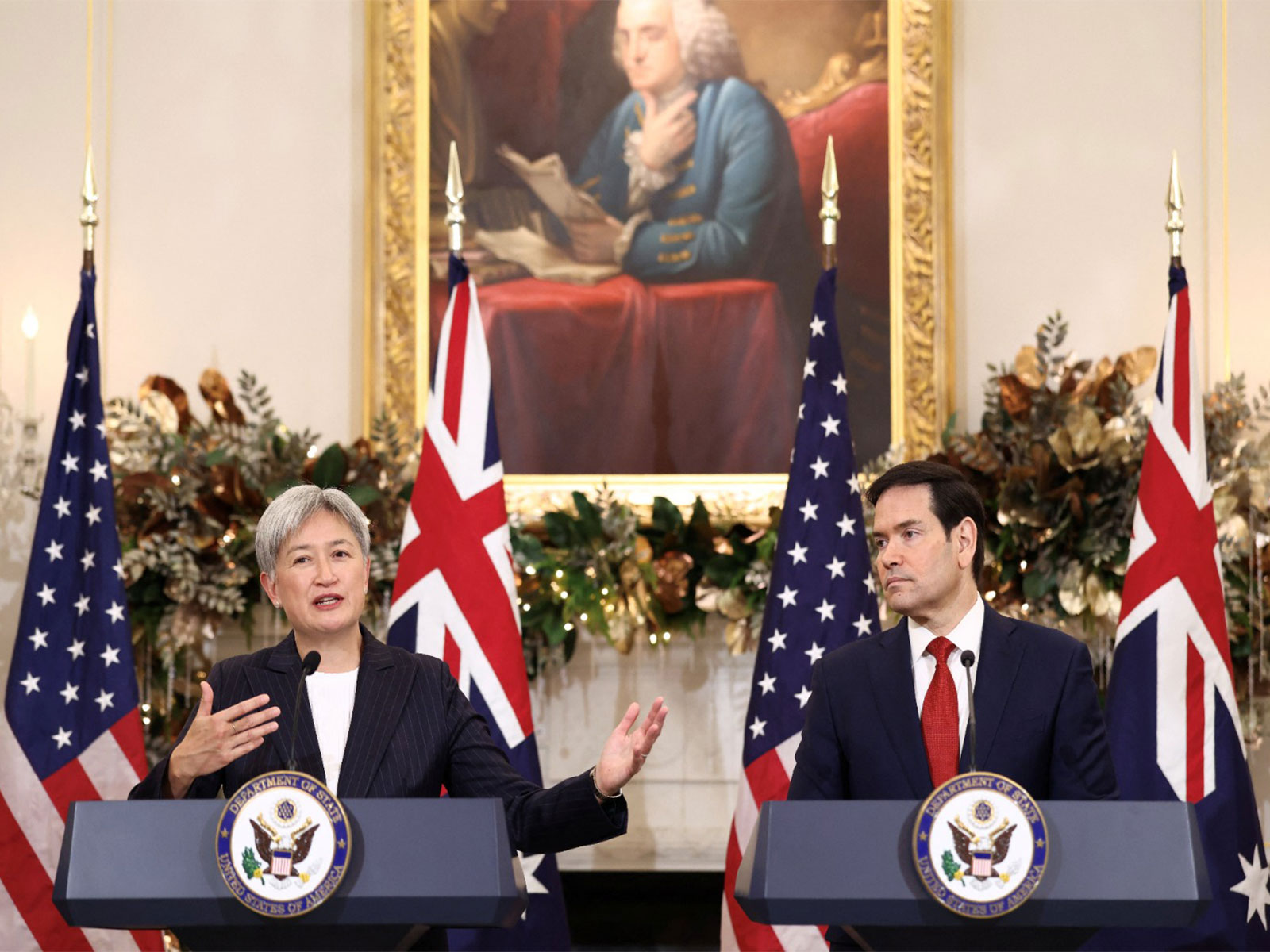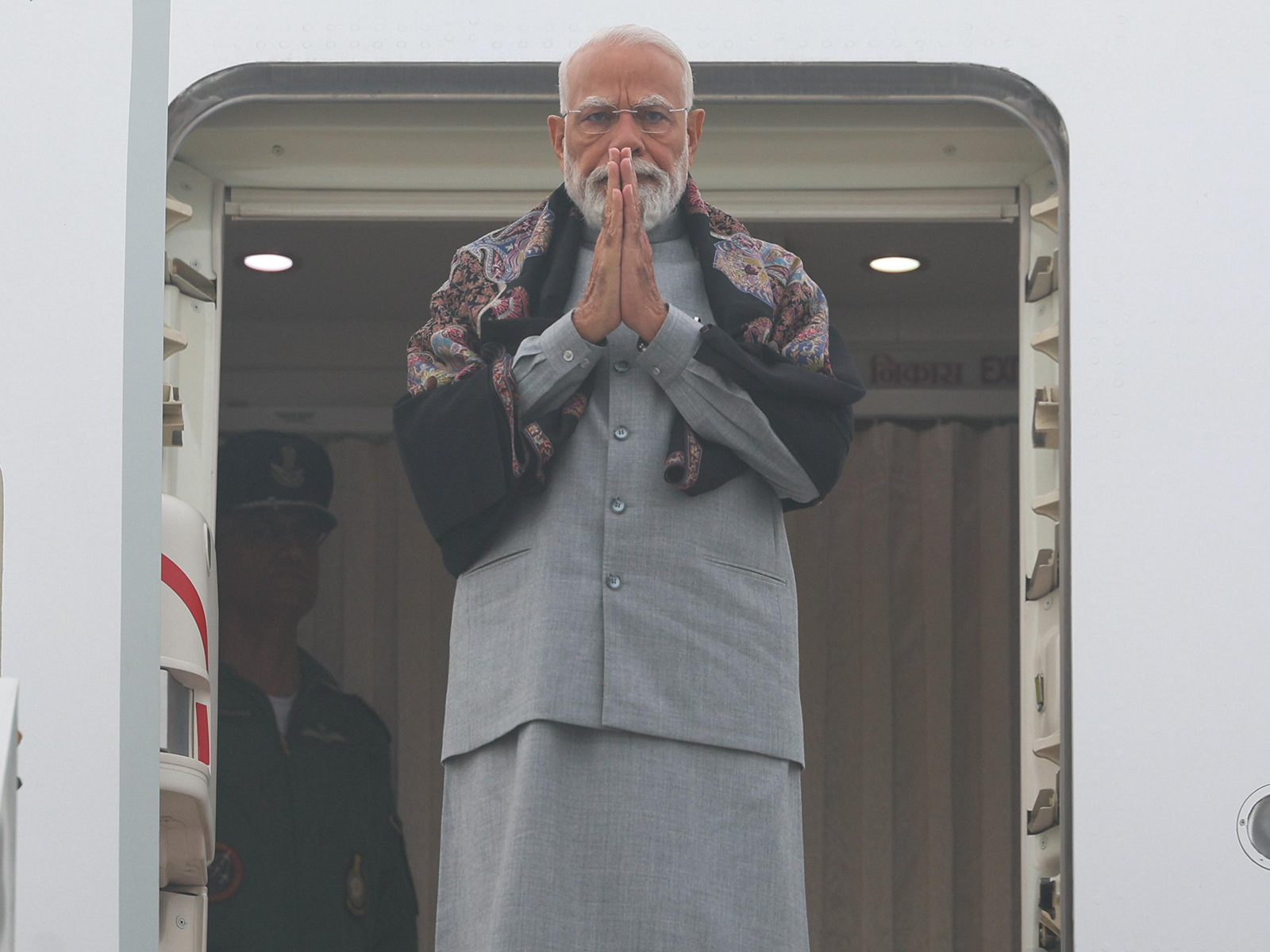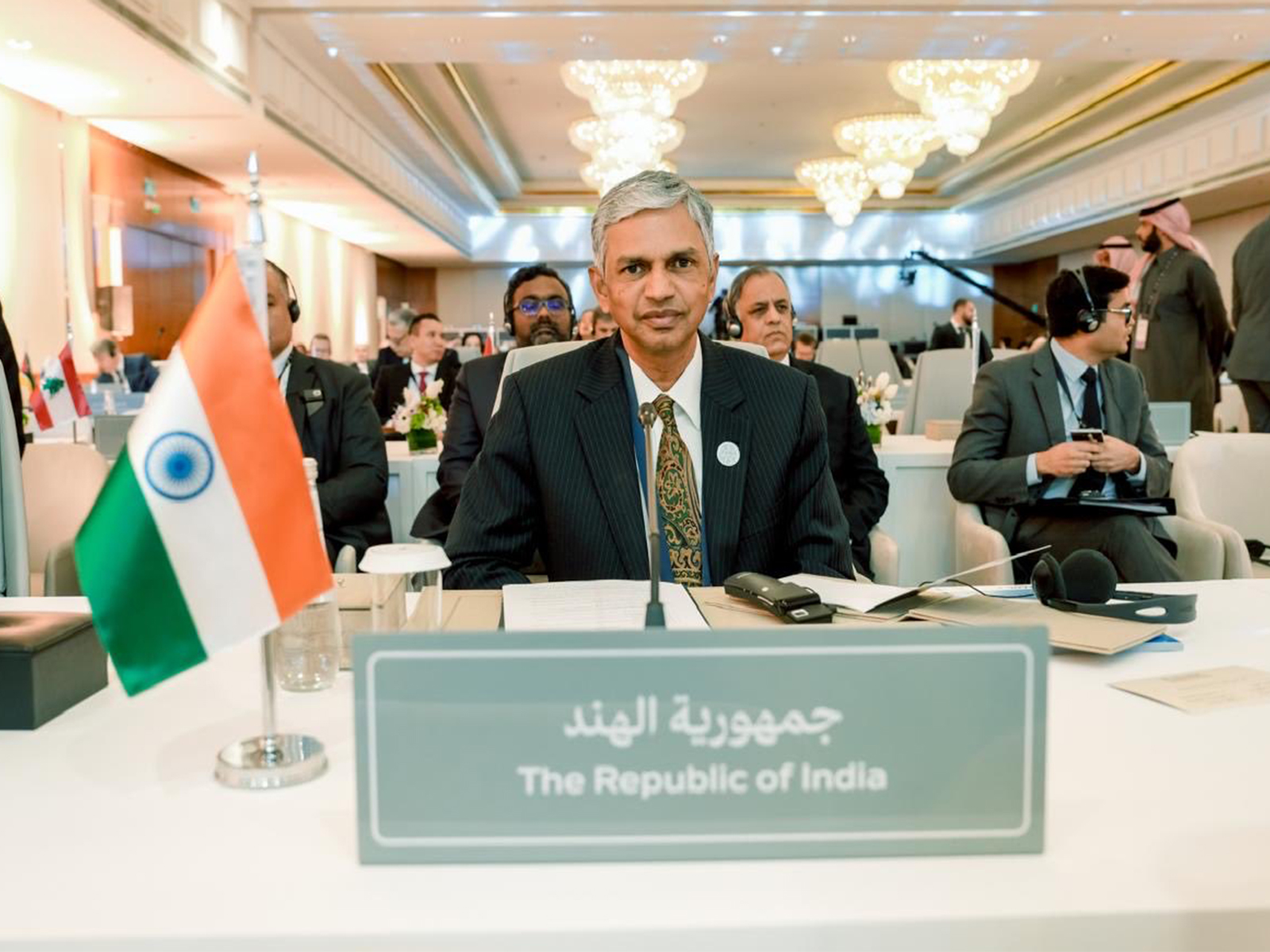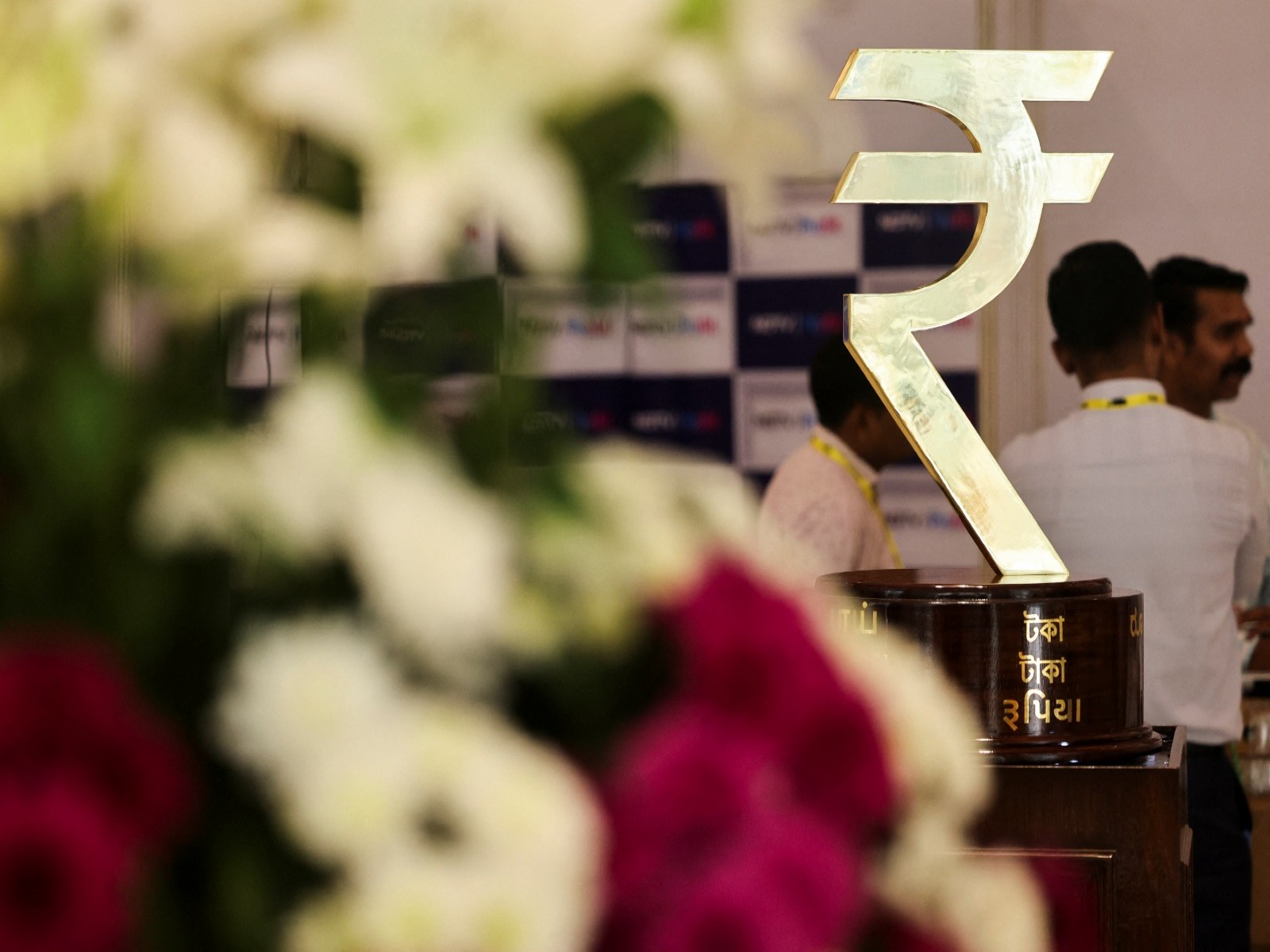Bangladesh war of liberation 1971: A long ignored chapter finally getting attention
Oct 26, 2022

Washington [US], October 26 : When it comes to international justice, one of the chapters that have been ignored for long is Bangladesh's war of liberation from Pakistan in 1971. The issue has never got the attention that it deserved because no ideological or partisan faction seemed to gain from it. However, slowly, the situation seems to be changing, as a resolution was placed recently in the US Congress to recognise the atrocities committed during the war.
On October 15, a proposed resolution was made in the House of Representatives urging US president Joe Biden to consider recognising the atrocities committed by the Armed Forces of Pakistan in the Bangladesh Liberation War of 1971.
The resolution was made by US Congressman Steve Chabot from the Republican party and Congressman Ro Khanna, the Congressman of Indian origin from the Democratic party
The eight-page long resolution was titled 'Recognising the Bangladesh Genocide of 1971', primarily focusing on the active role played by the Pakistan army along with all its functioning ancillary units in the active involvement of mass rape and genocide committed in 1971.
The resolution is eight-page long and is titled - 'Recognising the Bangladesh Genocide of "Proud to join Rep Steve Chabot in introducing the first resolution commemorating the 1971 Bengali Genocide in which millions of ethnic Bengalis and Hindus were killed or displaced in one of the most forgotten genocides of our time," Ro Khanna, tweeted after the submission of the resolution on October 15.
"We must not let the years erase the memory of the millions who were massacred. Recognising the genocide strengthens the historical record, educates our fellow Americans, and lets would-be perpetrators know such crimes will not be tolerated or forgotten," Chabot, a Republican Party member, said in a tweet.
This resolution opens up the forgotten floodgates for perhaps the most horrific crimes against humanity committed in 1971. Global benchmark institutions like the British Houses of Parliament, United Nations Geneva and European Union parliament Brussels take cognizance and act accordingly.
The United States had a diametrically opposite political stance in 1971 when its administration was in active support of General Yahya Khan, the West Pakistani dictator however it seems fifty years there has been finally an awakening.
Also, since the Awami League has come back to power in Dhaka, a new attempt of conducting war trials is coming up. The Government of Bangladesh declared in March 2017, that it would take the initiative to get the United Nations to recognise the events of 1971 as genocide.
It is very clear that the war crimes in Bangladesh in 1971 were committed with the specific intent to destroy an entire ethnic group.
Although, Pakistan's Hamoodur Rahman Commission Report placed the figure at the debatable figure of just 26000. However, Bangladesh official figures put the death toll at 3 million people
The resolution specifically draws attention to the nine-month-long war of Independence in Bangladesh, from March to December 1971. It recalls the horror inflicted during those months of carnage and mass rape and offers sympathy to the victims.
American diplomat Archer Blood's - The Blood Telegram is perhaps to date the most accurate chronological recording of what followed on that barbaric night and the time has come to finally hold the perpetrators to justice fifty years on.
Recently, Biden also mentioned Pakistan as one of the most dangerous places in the world at a private Democratic party fundraiser event in California whilst referring to US foreign policy. Time will only reveal the logical conclusion to the resolution tabled and if the US administration is determined to go as far as imposing a sanction on Pakistan. For the moment it is definitely the best step taken in the Dhaka direction.




















